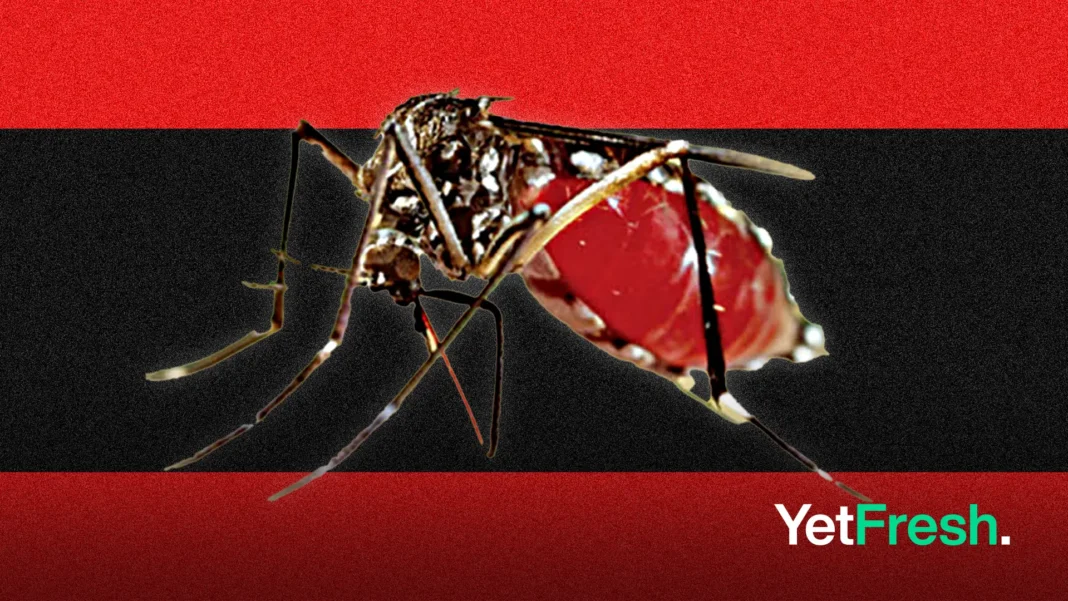TL;DR:
- Six people died from dengue in the last 24 hours, and 1,297 new cases were reported in Bangladesh.
- The total death toll from dengue this year has reached 320, with over 65,000 infections recorded.
- Most of the recent deaths occurred in Dhaka and Chattogram divisions, highlighting urban vulnerability.
- Health experts urge early treatment and mosquito control as the outbreak worsens across the country.
Bangladesh continues to grapple with a severe dengue outbreak, with six more deaths reported in the last 24 hours, according to a press release from the Directorate General of Health Services (DGHS) on Monday, November 4, 2024. In the same period, 1,297 new patients were admitted to hospitals across the country due to dengue infections.
The six fatalities included three men and three women. Of these victims, two were from the Chattogram Division, three from Dhaka North City Corporation, and one from the broader Dhaka Division. This brings the total death toll from dengue in Bangladesh this year to a staggering 320 people. The total number of reported cases has now reached 65,768.
The dengue crisis has intensified over recent months, with hospitals struggling to manage the influx of patients. Experts have pointed out that the changing behavior of the dengue virus is contributing to the rising death toll. Many patients are arriving at hospitals in critical condition, often too late for effective treatment. Health professionals have repeatedly emphasized that early detection and timely medical intervention are crucial for survival.
Dr. ABM Abdullah, a noted medicine specialist, has warned that fatalities tend to increase when patients delay seeking treatment. He also highlighted that individuals infected with dengue multiple times face higher risks of complications. This is particularly concerning as there are four different strains of the dengue virus, meaning people can be infected more than once.
The situation is particularly dire in urban areas like Dhaka, where high population density and inadequate mosquito control measures have contributed to the rapid spread of the disease. Aedes mosquitoes, which transmit the dengue virus, thrive in stagnant water found in urban environments. Despite efforts by local authorities to curb mosquito breeding through fumigation and public awareness campaigns, experts argue that these measures have been insufficient.
Entomologists like Kabirul Bashar have pointed out that Aedes mosquitoes are adapting to new environments and can now breed in both clean and dirty water sources. This adaptability makes traditional mosquito control methods less effective. Bashar has called for a redesign of anti-mosquito campaigns to address these evolving challenges.
As Bangladesh faces one of its worst-ever dengue outbreaks, public health officials are urging citizens to take preventive measures such as using mosquito nets and repellents and ensuring that stagnant water is removed from their surroundings. The government is also working with healthcare providers to ensure that hospitals are equipped to handle the growing number of cases.
With no specific treatment for dengue available yet, prevention remains the most effective strategy against this deadly disease. As the year progresses, health experts warn that without stronger interventions, the situation could worsen further.
The ongoing crisis highlights the urgent need for comprehensive public health strategies and community involvement to combat dengue effectively in Bangladesh.




